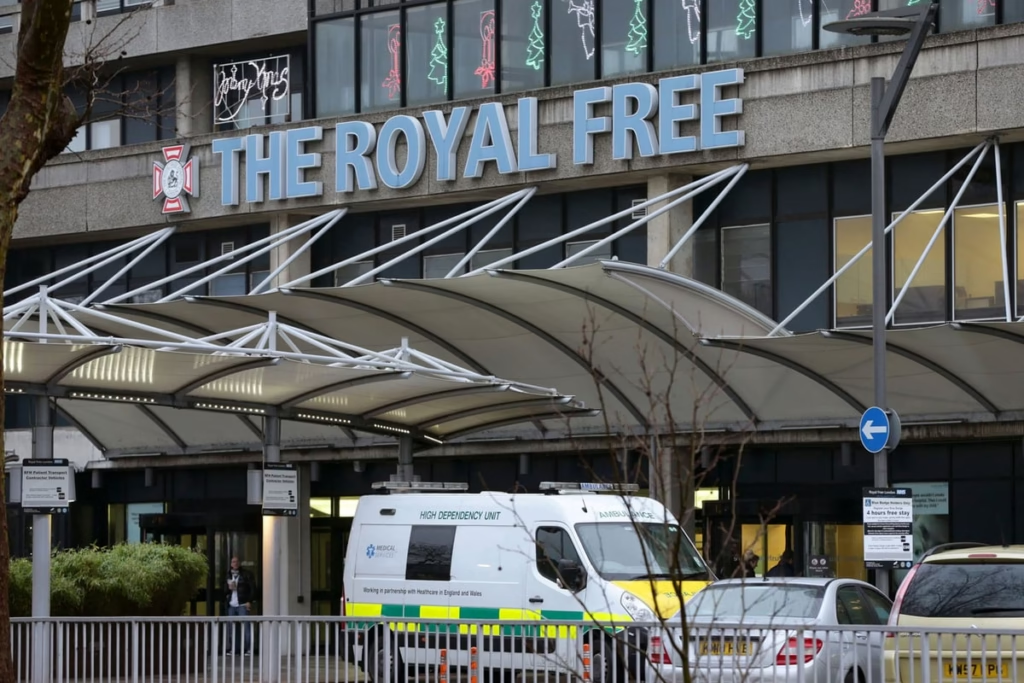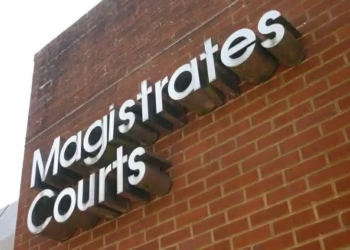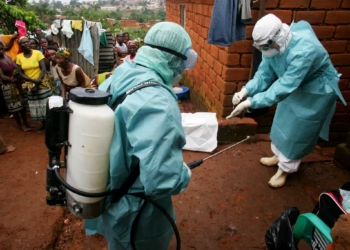London’s Baby Bust: Major Hospital Maternity Unit Shuts as UK Faces Population Crisis
London’s declining birth rate has forced one of its biggest hospitals, the Royal Free Hospital in Hampstead, to shut down its maternity unit, a decision that has sparked concern among healthcare professionals and local communities.

The closure was confirmed at a meeting of the North Central London Integrated Care Board, citing a 14% drop in births over the past five years in the area. The hospital’s neonatal unit had already been seeing fewer admissions, with reports indicating a 4% annual decline since 2018-19. On any given day last year, nearly half the cots were empty.
The decision is part of the NHS ‘Start Well’ programme, aimed at restructuring maternity services across Barnet, Camden, Enfield, Haringey, and Islington. While four maternity units in the region will remain open, Royal Free’s closure marks the end of a long-running campaign to keep it operational.
A National Crisis? Britain’s Declining Birth Rate
The closure highlights a broader issue: Britain’s birth rate has been plummeting for years, and experts warn the country is heading toward a population crisis. A report by the Resolution Foundation reveals that birth rates in London have been falling faster than the rest of the UK since the 2000s.
One major reason? More women are delaying childbirth. With rising living costs, career priorities, and shifting family dynamics, many women are choosing to have children later in life. This has led to a rise in one-child households and smaller families, putting pressure on long-term population sustainability.
With fewer births and an aging workforce, experts believe the UK may have no choice but to rely on immigration to maintain economic stability. Immigration has historically helped sustain workforce numbers, but it remains a hotly debated political issue.
What’s Next for London’s Maternity Services?
As part of the restructuring, antenatal and postnatal services will be expanded at Edgware Birth Centre, but its birthing suites will close as well, with only 28 births recorded last financial year.
Frances O’Callaghan, Chief Executive of the North Central London Integrated Care Board, acknowledged the impact of these changes:
“We know how hard staff work to provide services that are highly valued. However, the current arrangements cannot continue as they are.”
As the NHS adjusts to changing birth trends, the big question remains: Is Britain ready for a future with fewer births? And will immigration be enough to fill the gap?











